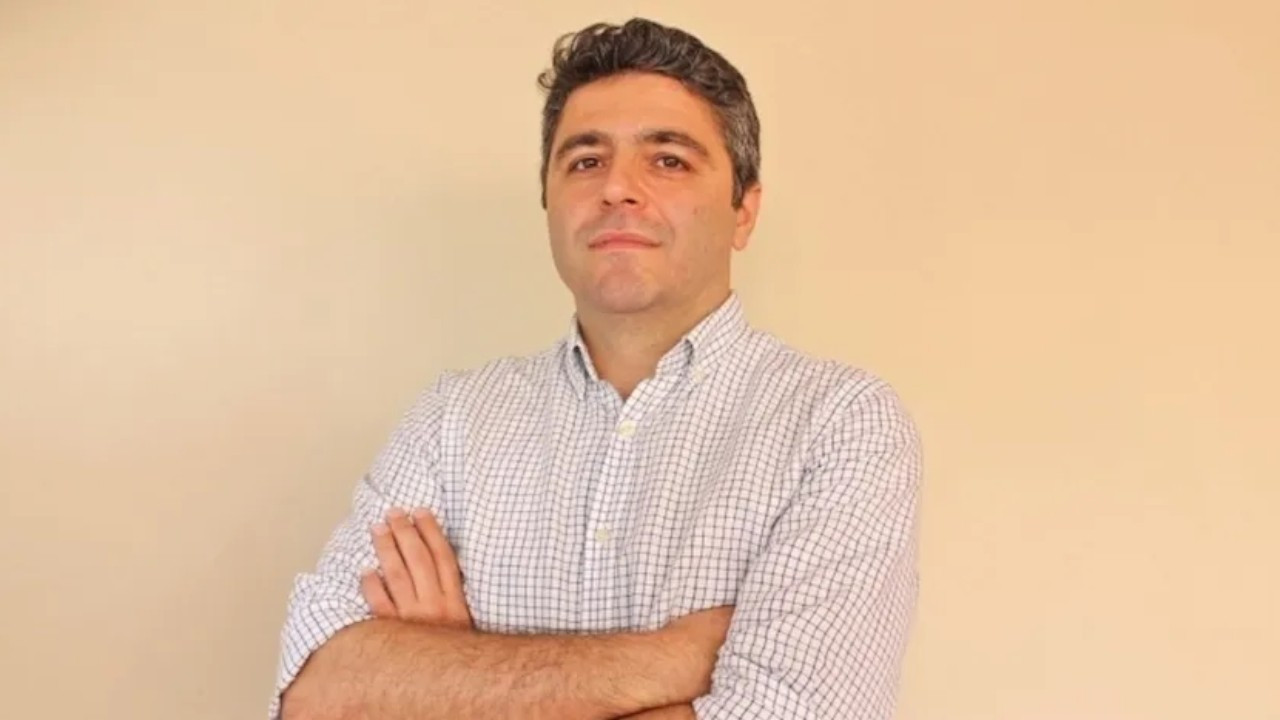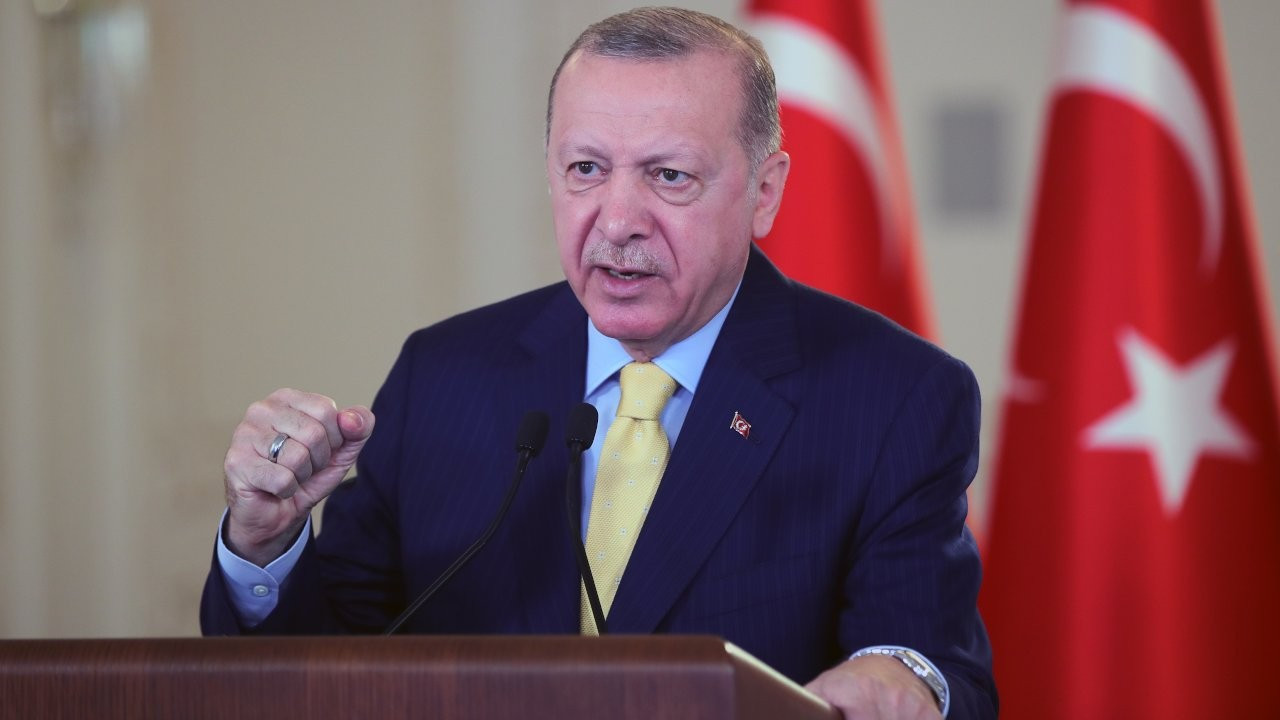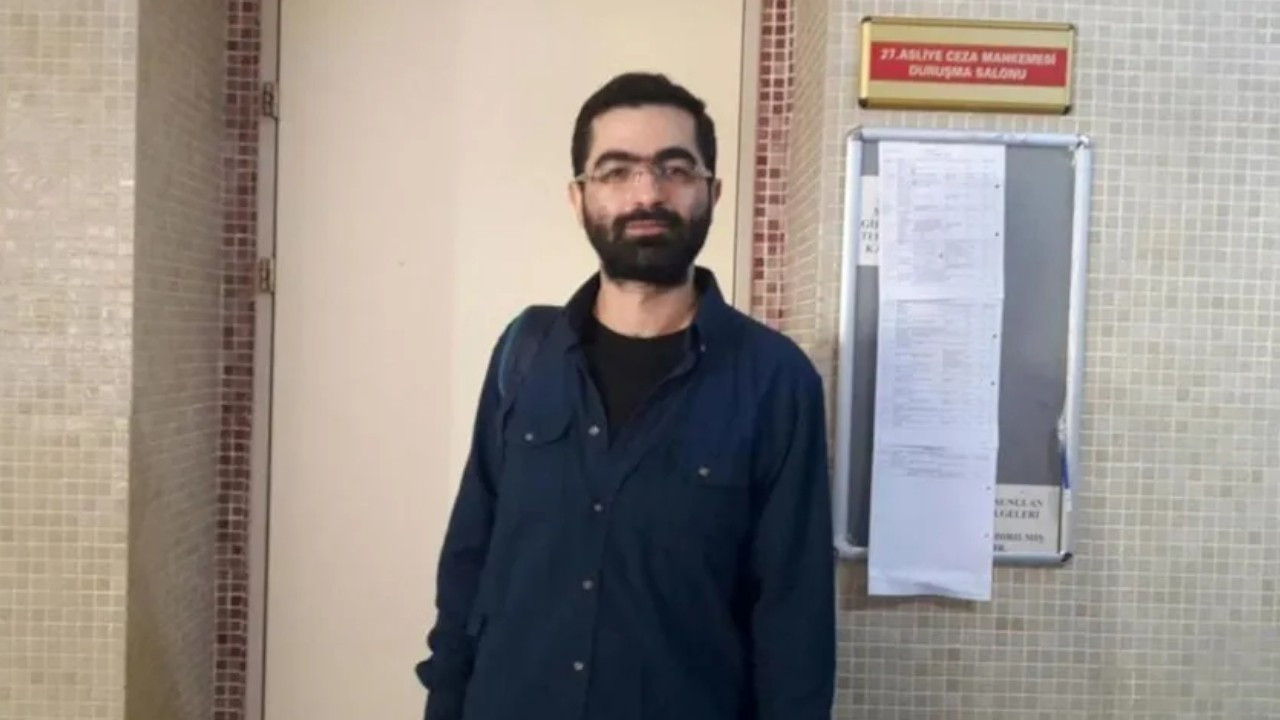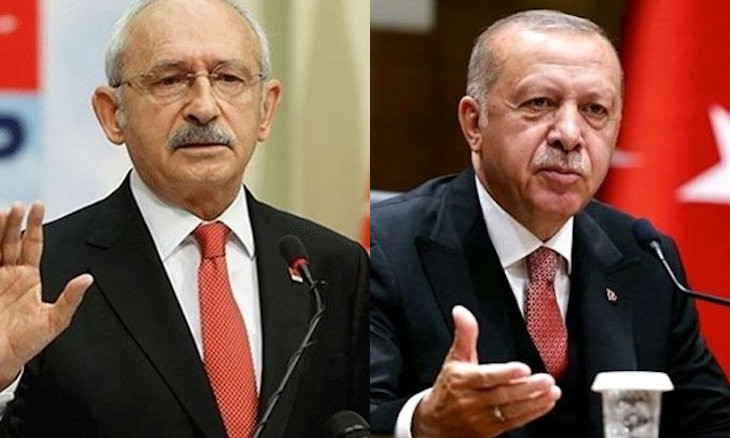Top European rights court calls on Turkey to change law on insulting president
The European Court of Human Rights (ECHR) said in a ruling that Turkey should change a law that gives the president extra protection from perceived "insults," while finding the country at fault for sentencing a man over Facebook posts about Erdoğan.
Duvar English - Reuters
Europe's top human rights court called on Turkey on Oct. 19 to change a law regarding insulting the president under which tens of thousands have been prosecuted, after ruling that a man's detention under the law violated his freedom of expression.
Vedat Şorli was given a suspended 11-month jail sentence in 2017 over a caricature and a photograph of President Recep Tayyip Erdoğan that he shared on Facebook, along with satirical and critical comments.
There was no justification for Şorli's detention and pre-trial arrest or the imposition of a criminal sanction, the European Court of Human Rights (ECHR) said in its ruling on Oct. 19.
"Such a sanction, by its very nature, inevitably had a chilling effect on the willingness of the person concerned to express his or her views on matters of public interest," it said.
The criminal proceedings against Şorli were "incompatible with freedom of expression," the court added.
The court also ordered Turkey to pay Şorli 7,500 euros in respect of non-pecuniary damage.
Thousands have been charged and sentenced over the crime of "insulting" Erdoğan in the seven years since he moved from being prime minister to president.
In 2020, 31,297 investigations were launched in relation to the charge, 7,790 cases were filed and 3,325 resulted in convictions, according to Justice Ministry data. Those numbers were slightly lower than the previous year.
Since 2014, the year Erdoğan became president, 160,169 investigations were launched over insulting the president, 35,507 cases were filed and there were 12,881 convictions.
In a prominent case earlier this year, a court sentenced renowned Kurdish politician Selahattin Demirtaş to three and a half years for insulting Erdoğan, one of the longest sentences over the crime, according to Demirtaş's lawyer.
The ECHR said Turkey's law on insulting the president affords the head of state a privileged status over conveying information and opinion about them.
It said the law should be changed to ensure people have the freedom to hold opinions and impart ideas without interference by authorities in order to put an end to the violation it found in Şorli's case.

 Journo receives jail time over reporting on Erdoğan's leaked phone call with media bossHuman Rights
Journo receives jail time over reporting on Erdoğan's leaked phone call with media bossHuman Rights Turkish man charged with 'insulting' Erdoğan after argument with police on mask-wearingDomestic
Turkish man charged with 'insulting' Erdoğan after argument with police on mask-wearingDomestic Over 29,000 people probed for 'insulting' Erdoğan in last three yearsPolitics
Over 29,000 people probed for 'insulting' Erdoğan in last three yearsPolitics Evrensel journalist sentenced to 11 months in prison for 'insulting' Erdoğan in news reportMedia
Evrensel journalist sentenced to 11 months in prison for 'insulting' Erdoğan in news reportMedia Turkish prosecutors seek up to four-year jail term for main opposition leader in Erdoğan 'insult' casePolitics
Turkish prosecutors seek up to four-year jail term for main opposition leader in Erdoğan 'insult' casePolitics